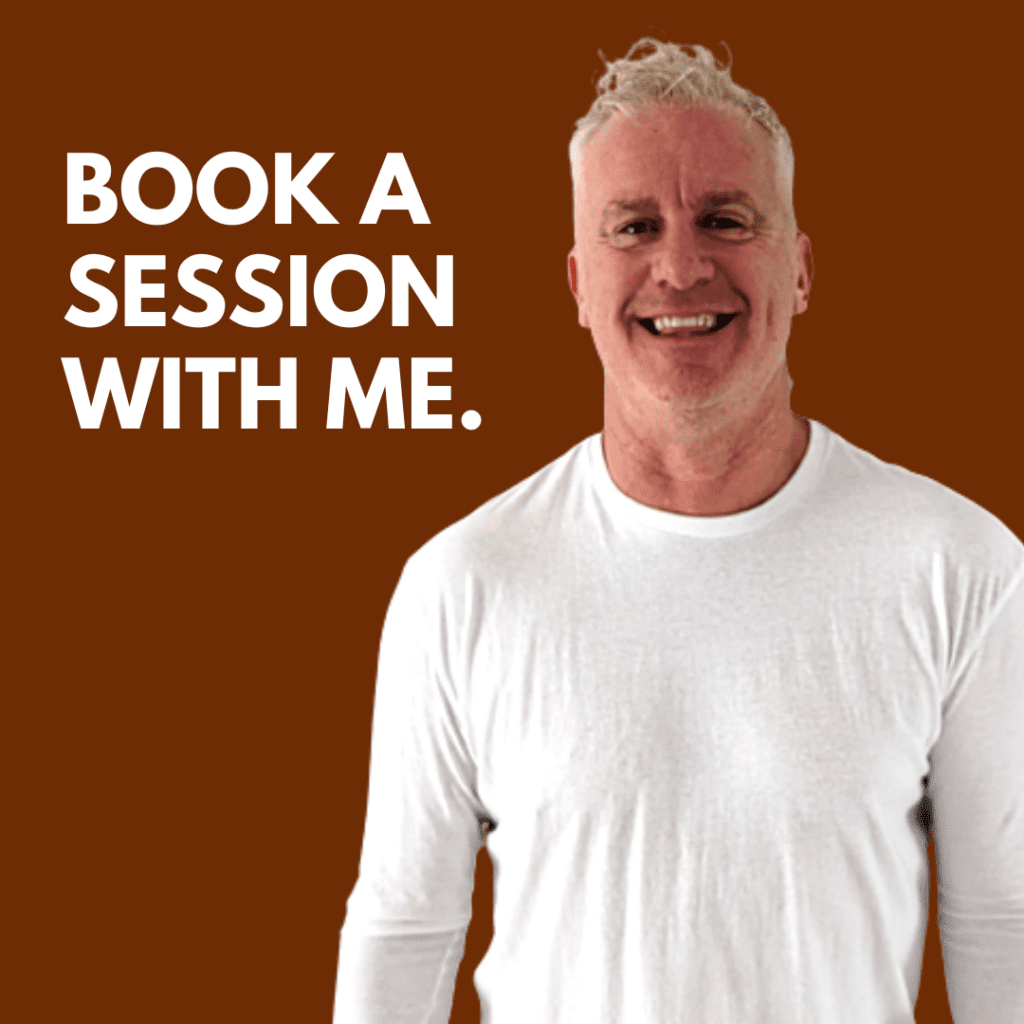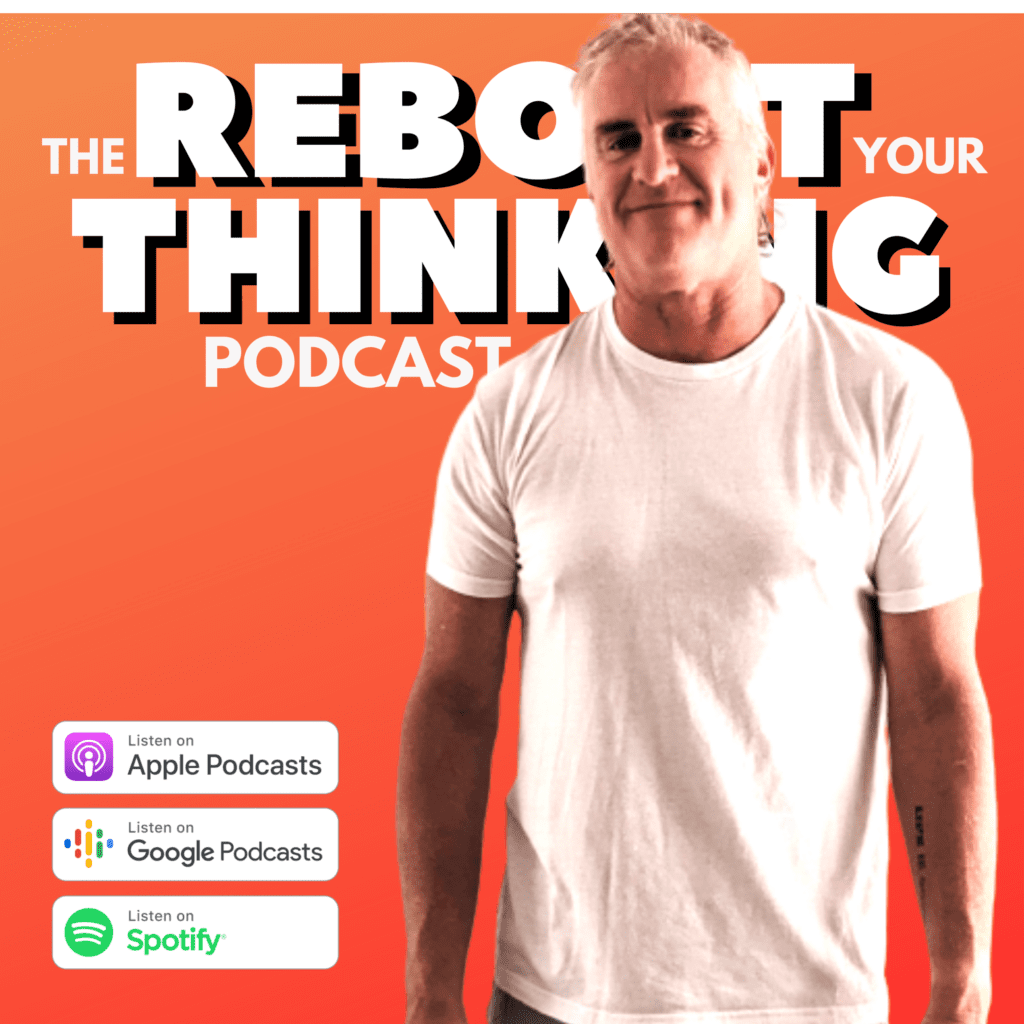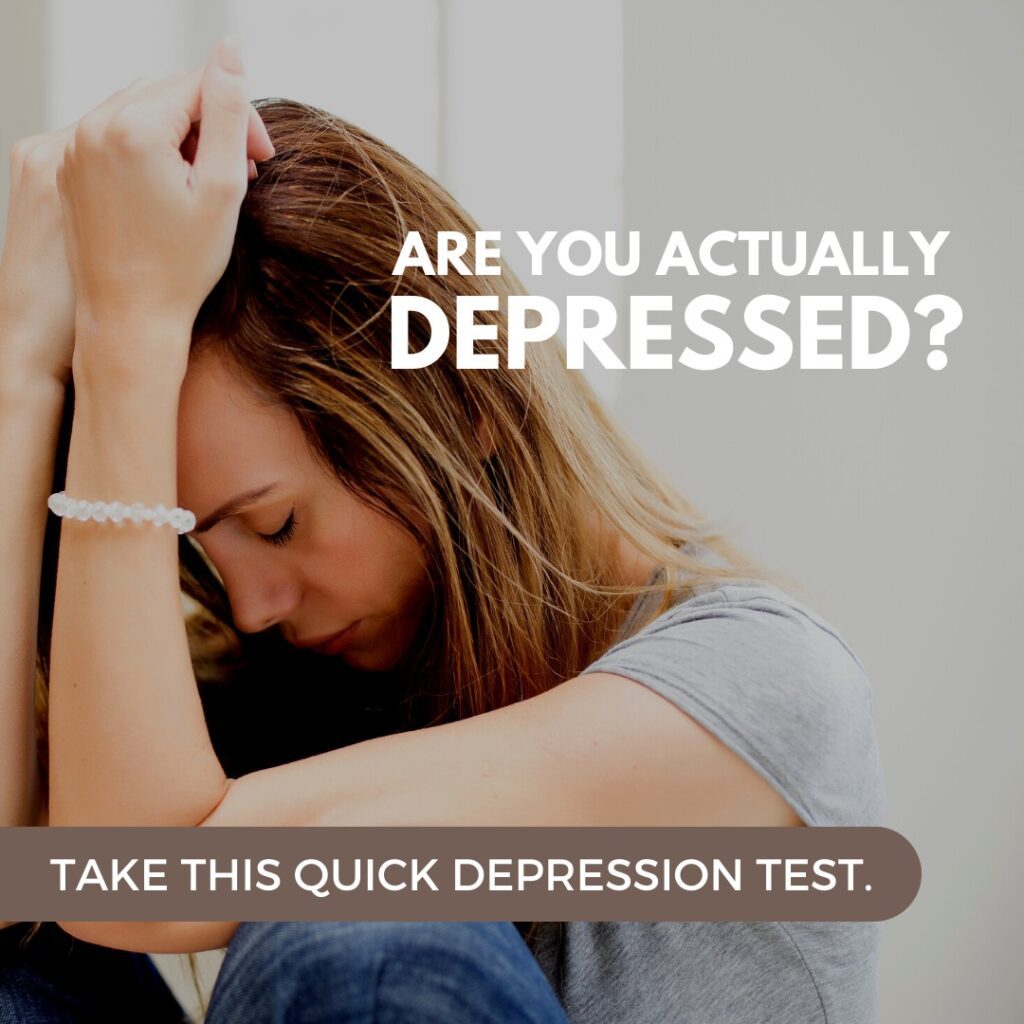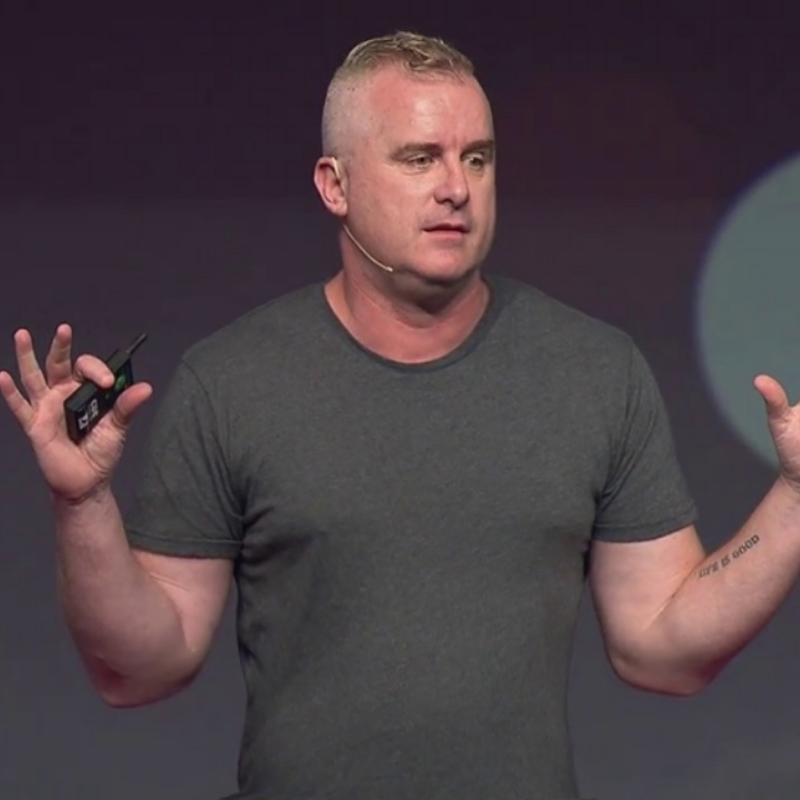At any given moment, no matter how much I have hurt someone, hurt myself, misrepresented myself in the past, lied, cheated, used, gave in to my addictions, or been lying in bed anxious or depressed or both, I was, and am, still doing the very best I can do at that time.
We all are.
I think that every one of us is doing the very best we can do, at any given moment, given what we have to work with.
I mean, would anyone ever set out to do less than their best?
Don’t get me wrong — I know sometimes when I am doing my best, it’s not good enough, and that sometimes me doing the best I can looks very different from another time when I am doing my best.
But I just don’t believe that anybody sets out to do less than the best they can do on that day, in that moment.
And the same goes for me.
A very important step for self-forgiveness, for me, comes when I just accept that, while I might have hurt someone, told lies, took advantage, or whatever, at that moment and on that day, I was still doing the best I could. It wasn’t good enough, but it was my best.
After that, self-forgiveness is a whole lot easier.
And that self-forgiveness is so important, I think, because it also determines my ability — and even my willingness — to forgive other people as well.
But why is it often harder to forgive ourselves for our mistakes and imperfections than forgiving someone else’s? A few reasons, I think.
Our conditioning.
And it can be a lot easier to forgive someone else, because you don’t have to live with them 24/7 like we have to live with ourselves, and they may never let us down again (probably because of that space between us), but for most of us, there’s a good chance that we might feel let down by ourselves again some time in the future.
Our capability.
We think we know what are capable of, so when we fall short of that mark, we become easily frustrated.
One step past that frustration is shame.
And shame doesn’t shake easily.
Frustration with ourselves and our own shortcomings (compared with the high bar that most of us set for ourselves) can lead to a consuming feeling of shame. This isn’t the result of being frustrated by someone else in our life which might end up in anger, or resentment for instance, instead.
And shame sucks man.
We can’t control everyone else, but we expect to be able to control ourselves (at least).
I speak at lot about controlling those things in our life that we can actually control – to control the ‘controllables’ and stop worrying (as much) about changing the things we can’t change. Well, not at that moment anyway.
So, when we feel that we are lacking in self-control, it’s really easy to get down on ourselves. As an adult, we expect to have a certain level of self-control in every situation, on every day, but that often just isn’t realistic.
If we were perfect people, living in a perfect world, things would be different. But we’re not, and we are not, so they’re not.
So, moving forward, how do we stay on an more even keel, where we understand that even when we feel like we are not doing our best, or even that others might not be doing their best with us?
The first thing, I think, to understand is whether it’s forgiveness or acceptance that’s required.
In the case of other people ‘letting us down’, often just accepting the fact they are doing their best – even when it is extremely frustrating, disappointing, or hurtful for us – is a lot easier, and a lot more productive than struggling through the forgiveness process.
Same with ourselves: You hurt someone yesterday? Would dredging it up and dragging them through your own forgiveness process end up just hurting them more? Maybe accepting that you have made a mistake, and weren’t the best version of yourself, but that you can reset and try to be the best version of yourself the next time you interact with them is a lot better for all concerned.
However, when I feel that forgiveness will help, and especially in the case of self-forgiveness, I think about the following 7 things which always help me get closer to it.
WATCH
I’m doing my best
(and so are you).
I ask myself why I need to forgive myself.
This is where I start. And sometimes it’s where the process ends – when I realise that, really, dwelling on a mistake or misstep enough to have to forgive myself for it doesn’t serve me well.
But sometimes when I ask myself why I need to forgive myself, I know the answer quite quickly and clearly. And it always comes down to this one thing: is not forgiving myself this time going to make it harder to next time? For a long time in my life I never sought my own forgiveness, and that clearly didn’t work out so well. So I want to do whatever I can to make it easy for me to forgive the little mistakes, so that the really monumental ones can be forgiven just as easily.
Life is too short for grudges, especially those I hold against myself.
Am I forgiving guilt or shame?
This is a big one.
In my book, Reboot Your Thinking, I broke down the big differences between shame and guilt, and talked about why one (guilt) is natural and pretty harmless in the long term, and one (shame) is debilitating and scarring and awful. The biggest difference between the two is the narrative I tell myself about both. That is, guilt says to me that I did a bad thing, and shame says I am bad.
So, in forgiving myself for something – and sometimes that can just be forgiving myself for having a certain feeling – I have to first ask myself whether I am trying to forgive something that gives me a feeling of guilt (which will probably pass eventually, rather than being something that will last or cause any permanent trauma), or a feeling of shame (which probably indicates that it has already left a bit of a lasting mark on me).
The point here is not that one should be forgiven and one shouldn’t. It’s more like I need to know what sort of job is ahead of me in forgiving it. Sometimes it’s easy, and sometimes it’s definitely not.
I decide who I want to be.
This might seem an obvious way to live your whole life — rather than just being a consideration in how to forgive — but for me, this was something that I ignored for a long time. I had a very clear vision of what everyone else wanted me to be — and, in fact, I could be many different people depending on who I was trying to connect with.
But now I know that the decision about what sort of people I want to be lies squarely with me. And in the forgiving process, I just have to decide if the outcome fits the type of person I think I am, or think I would like to be in the future.
Sometimes, honestly, this is where I decide that maybe I don’t need to forgive myself. Maybe what I have done actually serves me, even if some negatives were produced by it. Maybe making that mistake, and holding the outcome near, sends me closer to being the person I want to be.
Most often though, I do need to forgive myself. And I pardon myself for what I have done because I know the future version of me — the best version of me — will be better served because of it.
Start to live my moral ethos.
I can easily slip into thinking that I must be more like so and so, or I should think like this person or that. I don’t know why, but I have always been at risk of that. I have always been far too quick to start living someone else’s dreams and thoughts and ethos.
And doing this makes it really hard for me to define and live by my own moral ethos. Instead, I get caught up trying to live someone else’s.
So a big factor in self-forgiveness for me is deciding if what I need to forgive even needs to be forgiven for me to live how I want to be, and who I want to be.
Eat that whale.
You know that saying about not eating a whale in one sitting — instead, you just eat it piece by piece? That’s how I feel about this whole self-forgiveness thing, too.
If I try to fix everything, and heal everything in one go, I will almost definitely fail.
One of the problems with being me is that, even though I know this as a concept very well, I still charge in and want to sort everything out as quickly and painfully as possible. I know that it’s not going to work, but I charge in anyway. Usually.
So, these days, I try to remember the analogy of the whale, manage my self-expectations better, and start nibbling away.
Turn the page.
Even before I can then let it all go, hopefully forever (or at least until the next time I might let myself down and seek self- forgiveness), I first need to accept and acknowledge that I can do better and be better, and then turn the page to the next day when that is going to happen and be true.
I have said this many times: I’m not trying to be perfect, or even the perfect rendition of myself, but I am trying to be better every day than I was the day before. And when I can see over on to the next page, and see when and where I am going to be that better version of myself, it makes the next, and last, step simple.
Let go.
Pretty self-explanatory. If I get all this way, I have actually earned being able to move on and forward into healing. So I look forward to tomorrow, and the next day, and the next. Being better each day.
In the end, even when I am frustrated, disappointed, angry, or sad at myself for how I am feeling or what I have done, I know — I KNOW — that I am doing my best, and that every day I can strive to be a better version of myself than I was the day before.
I am doing my best, and so are you.














